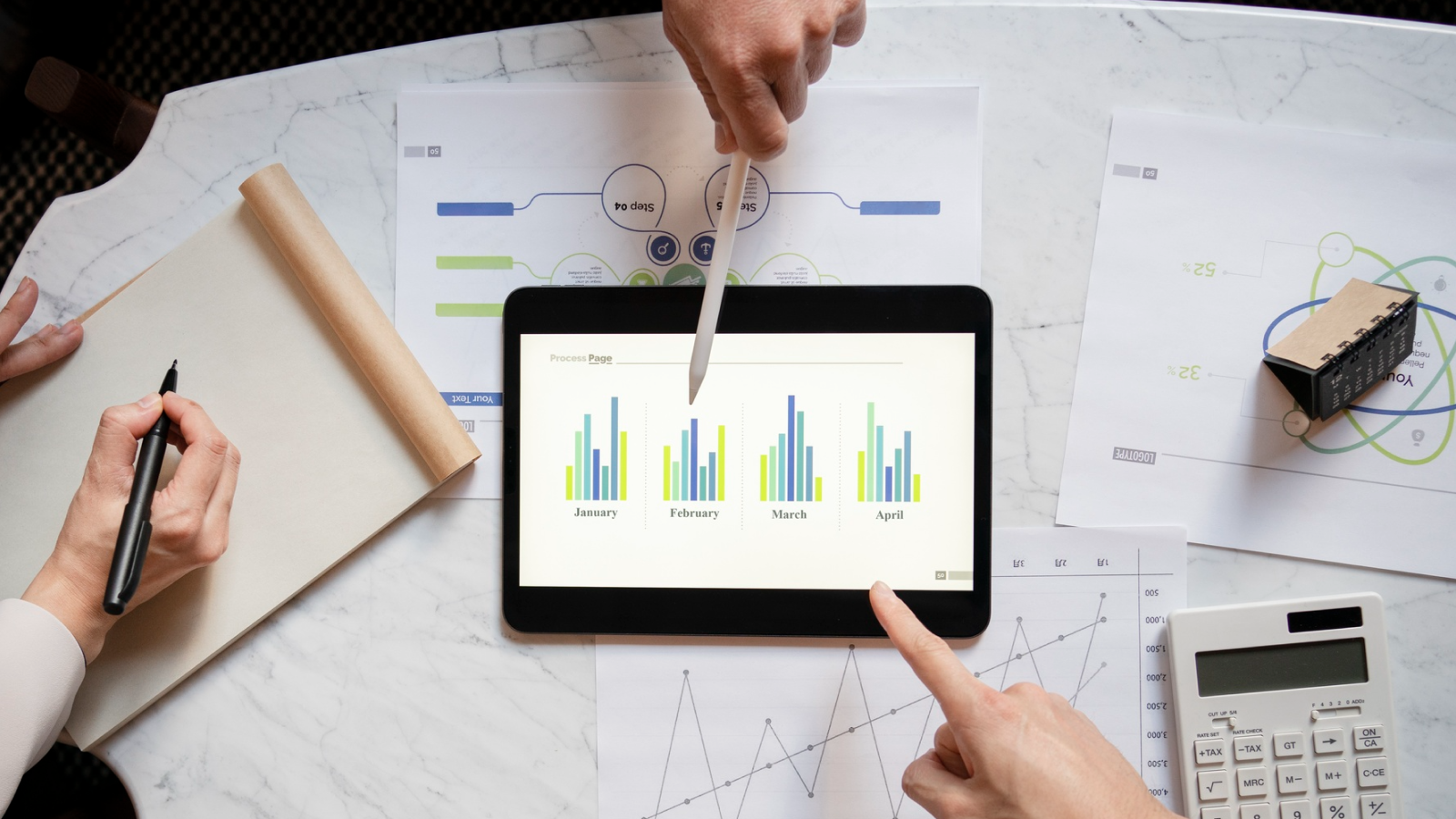Every small business’s financial foundation is its accounting system. Managing funds well can make all the difference for small business owners between expansion and stagnation. This is why choosing the right business accounting software for a small business should be done with both thought and strategy.
The two main types of accounting software that small businesses can choose from these days are cloud-based accounting systems that operate online and traditional systems that depend on local servers and hardware. Many companies are looking to cloud accounting solutions as the digital terrain changes because of their adaptability, accessibility, and integrated capabilities.
To let small business owners make sound decisions, this article offers a thorough comparison of these two accounting systems. We will go over the main features, advantages, and drawbacks of every accounting program and offer guidance on choosing the best accounting software for small business based on individual needs.
Traditional Accounting Systems
For decades, financial management has been based on traditional accounting techniques. Usually housed on local servers or computers of a corporation, these systems require specific hardware, regular software updates, and perhaps on-site IT support. As stand-alone systems, they mean users must access particular devices to interact with financial data.
Commonly included are general ledger management, accounts payable and receivable, payroll processing, and financial reporting. These systems are often limited in terms of adaptability, even if they are strong and safe inside a regulated environment. Manual procedures define updates and backups; so, cooperation might be challenging unless all the stakeholders are on the same network. While efficient, conventional procedures could become burdensome as companies expand or embrace remote work policies.
Exploring Cloud-Based Accounting Systems
Cloud-based accounting is the use of internet access to accounting software housed on distant servers. One of the main benefits of cloud accounting for the mobile workforce of today is that this approach lets users access real-time financial data from any device with a safe internet connection.
A cloud accounting system replaces the costly on-site infrastructure needed. Rather, it depends on cloud accounting technology to safely save data on the cloud, therefore enabling automatic backups, flawless upgrades, and less dependence on internal IT. For small businesses, most cloud-based systems provide invoicing, bank reconciliation, budgeting, and expense tracking for small business among other capabilities.
Modern interface and integration capabilities of cloud-based systems define them from others. Providing a centralized financial management experience, they frequently link easily with payroll tools, CRM systems, and other cloud apps. Many U.S.-based companies also deal with a cloud accounting firm that specializes in assisting startups to properly use these systems.
Comparative Analysis: Cloud-Based vs. Traditional Systems
Examining significant performance areas helps one decide whether to use traditional methods or implement cloud accounting.
Accessibility and Collaboration
Exceptional access is offered by cloud-based accounting. From anywhere at any time, team members, accountants, or consultants can log in. This especially helps companies with various sites or remote workers. By contrast, conventional systems restrict access to particular devices, therefore slowing down processes and impeding cooperation.
Cost Considerations
Traditional systems may have significant up-front expenses for server hardware, software licenses, and installation. Furthermore, continuous maintenance expenses could be somewhat expensive. Operating on a subscription basis, cloud solutions are more reasonably priced for small companies with limited resources. Although subscription costs are recurrent, many companies find that over the long run more predictable and controllable.
Security and Data Management
Although conventional systems provide good on-site security, they place data protection and backup responsibility on the business owner. Conversely, cloud-based systems depend on sophisticated cloud accounting technology like encryption, automated backups, and multi-factor authentication. Leading American suppliers follow data security and financial rules, thereby providing business owners with peace of mind.
Scalability and Flexibility
Typical accounting systems find it difficult to grow with an organization. Increasing capability might require for hardware changes or software overhauls. On the other hand, cloud platforms are designed to expand. As their demands change, businesses may quickly update their strategies or incorporate new technologies; hence, cloud based accounting is perfect for developing businesses.
Updates and Maintenance
Another domain in which cloud systems excel is maintenance. Often generating disruptions, conventional systems require manual installation of upgrades. By automatically and in real-time managing updates, cloud systems guarantee users always have access to the most recent features and security patches without any downtime.
Integration Capabilities
Integration is essential in the connected digital world. Standard accounting tools could have restricted or antiquated integration choices. From banking and payroll to inventory and analytics tools, cloud solutions are made to fit perfectly with many other cloud services. higher thorough financial control and higher operational efficiency follow from this.
Factors to Consider When Choosing an Accounting System
The best accounting software for a small business will depend on several criteria, particular to that company. Evaluate first the degree of complexity in your financial activities. A conventional system would be sufficient if your company is somewhat small and does not involve several sites or remote work. A cloud based accounting system might be a better choice, though, if you expect expansion or need flexibility.
Yet another important factor is budget. While cloud solutions have a reduced entrance cost, long-term subscription costs should be carefully assessed. Consider your current IT setup as well; will you profit from a cloud vendor handling the technical details, or do you have the means to maintain a conventional system?
Data security standards are also very important. Certain businesses could have strong compliance responsibilities. Consult with a cloud accounting firm to find out whether cloud systems satisfy industry standards. Ultimately, consider the future. Will your company open more sites, enter other markets, or increase staff? Small business accounting software should assist, rather than restrict, your aims for scalability.
Platforms that are highly regarded as small business accounting software and have established reputations in the business community should be given priority when weighing your selections.
(Conclusion)
Choosing the best accounting software for small businesses today is a strategic choice that impacts their long-term financial stability and goes beyond simple convenience. Whether you decide on a conventional system or embrace cloud accounting, it should fit the particular requirements, infrastructure, and expansion goals of your company.
More companies are seeing the benefits of cloud accounting as digital tools get more advanced and trends change. Cloud systems are redefining current small company accounting software with improved access, automation, and integration. The best accounting system for a small business is ultimately one that gives you the ability to securely scale your operations, adjust to change, and manage funds.
You can position your firm for success in the digital age and financial clarity by being aware of your alternatives and choosing the best business accounting software for small businesses.







